How the Mets Became New York's Hottest Sports Property
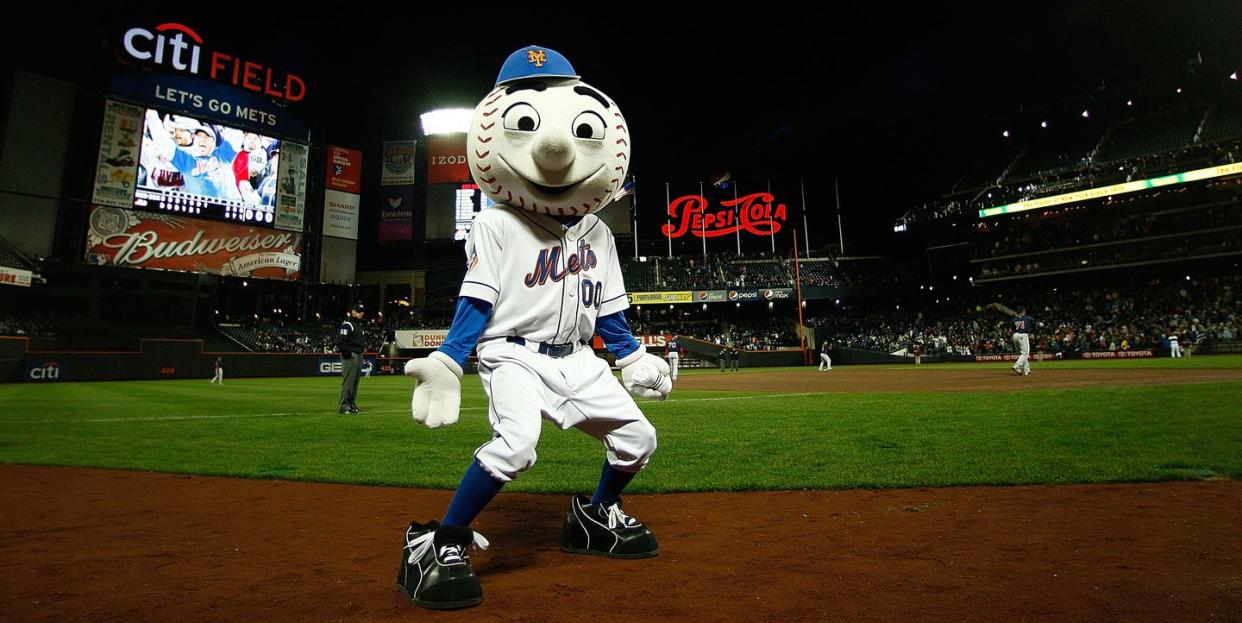
The year the New York Mets were founded, they lost. A lot. 120 times, to be exact. It was 1962, and no team had posted more losses in a single season since before the turn of the century. Still, they captured the city’s heart in a way that the Yankees, the sport’s gold standard, never could. Over the decades Mets fans have followed a team whose fortunes have mirrored their own lives, resigned to the fact that moments of victory are forever fleeting.
“These exultant yells for the Mets were also yells for ourselves and came from a wry, half-understood recognition that there is more Met than Yankee in every one of us,” the great Roger Angell once wrote. “I knew for whom that foghorn blew; it blew for me.”
Despite two world championship banners, the team and its disciples have long accepted their underdog status. Lately, though, you can’t swing a bat without hitting a Mets fan giddy behind her face mask. That’s because on September 14, just days after a generation mourned the death of Tom Seaver, who brilliantly carried the team with his pitching to the 1969 championship, the franchise’s fandom all at once came to life in reaction to one prepared statement: “I am excited to have reached an agreement with the Wilpon and Katz families to purchase the New York Mets.”
Steven A. Cohen, the financier and lifelong Mets fan who had been a minority shareholder since 2012, was taking a 95 percent ownership stake, and he would do it at no great cost. Or at least, no great cost to him: $2.4 billion.
In one fell swoop Cohen’s bid—approved by Major League Baseball on Friday despite some last-minute drama stirred up by the tabloids about a possible intervention by Mayor Bill de Blasio—resuscitated the flagging spirits of a congregation of New Yorkers seldom rewarded by that torturous trip on the 7 train from Times Square. Finally, Mr. Met had his Mr. Moneybags.
I anticipate closing the deal in the next 10 days and then it’s off and running
— Steven A Cohen (@StevenACohen2) November 1, 2020
For Cohen this was the culmination of a long game, one that began nearly a decade ago, when the Wilpon and Katz families began selling off shares of the team, and that required Cohen to fend off two powerful adversaries, one a group led by Jennifer Lopez and Alex Rodriguez, the other the private equity magnates David Blitzer and Josh Harris. In buying this beleaguered baseball team, Cohen prevailed in wresting control of the ultimate status symbol, and a title of his own: With an estimated net worth of $14.6 billion, he became the sport’s wealthiest owner.
“He’s obsessed with coming out on top,” says author Sheelah Kolhatkar, whose book Black Edge is the definitive look at Cohen and modern hedge fund culture. “He could easily just have had a private family office and not dealt with the headaches, but he really wanted to go through the whole process of showing everybody that he was back. I think owning the Mets will change his legacy. When someone writes his obituary, it may begin in a different way.”
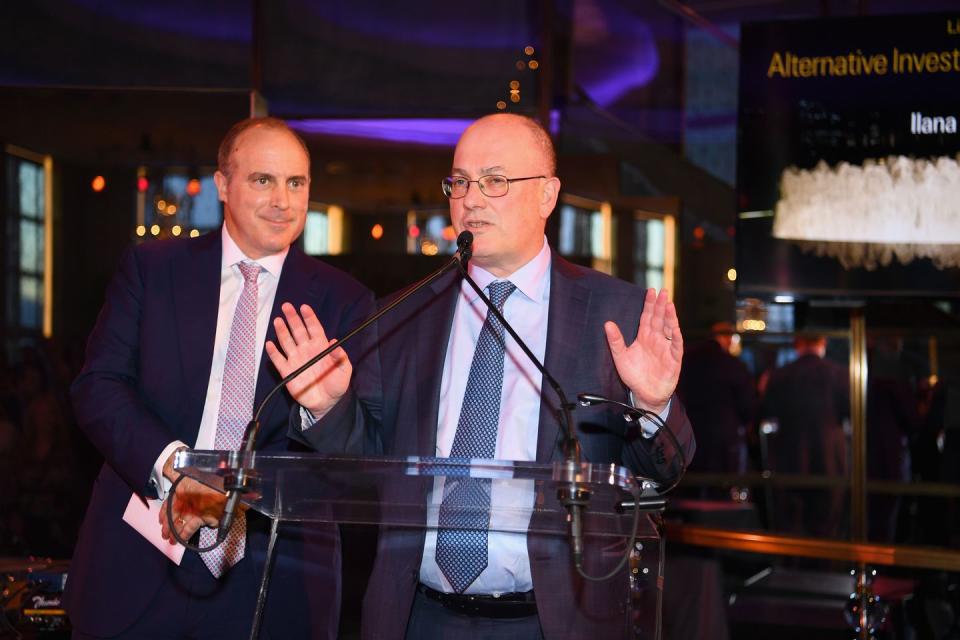
Meet the Mets
The Mets were born from heartbreak. They were the Band-Aid that Major League Baseball gave to New York City when its two National League teams, the Dodgers and Giants, seeing the city as their past, took their future to California, their fans be damned. Like Cohen, who grew up in a working class family surrounded by the great wealth of Great Neck, Long Island, the Mets too would have to work, and have continued to work, in the shadow of entrenched and established power. Almost 60 years on, they have never managed to escape it.
A great deal of the fault lies within. With Seaver’s passing, more than one writer recalled the most terrible moment in their youth: the day incompetent ownership sent Tom Terrific to Cincinnati in 1977. You’d think no one could ever equal such ire, but the real estate developers Fred Wilpon and his brother-in-law Saul Katz have come very close. Wilpon, who shared ownership of the team through the ’80s with the late publishing potentate Nelson Doubleday Jr., became a majority owner in 2002, and he and Katz, the president, have watched their window for winning close by micromanaging the team and allowing its collection of young stars to wither.
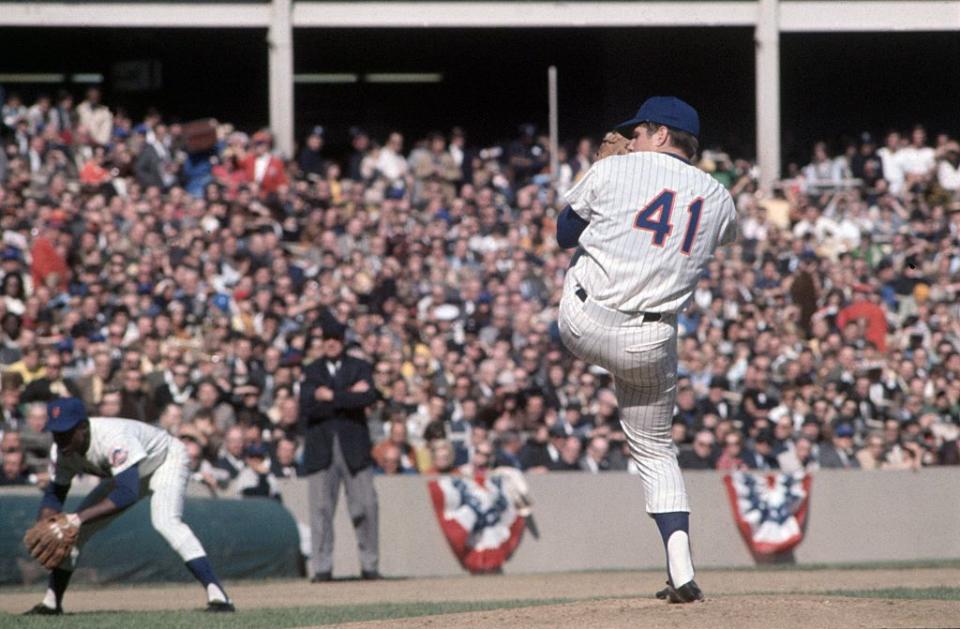
They were friends with Bernie Madoff, and it led them, as it did many, to the brink of financial ruin. That too was a New York story, one of greed and deception and a belief, not unlike Cohen’s, in one’s invincibility. By one estimate, the Wilpon and Katz families had 500 separate accounts with Madoff. In 2012 they settled a lawsuit brought against them for $162 million by a trustee of Madoff’s victims for what was alleged to be a deeper knowledge of the scheme. (The settlement, which both sides saw as a victory, was later reduced as a result of the trustee’s other ongoing recovery efforts.)
“Fred Wilpon’s greatest accomplishment was building Citi Field,” says Ken Davidoff, a baseball columnist for the New York Post who marvels that “the team still has a huge, loyal fan base that has hung in there despite all the crap that’s been thrown their way.” Despite appearances, he adds, “the Mets are not a distressed asset.”
After reportedly years of losing money, last year Wilpon and Katz finally turned to Cohen, who had bought a stake only after making an effort to buy the Los Angeles Dodgers eight years before. After a very quiet negotiation, the two sides seemed to have come to terms, only to have it fall apart. When they tried again, the sale would take place in public.
Elite Subway Series
Unlike Madoff, the new owner’s assets are very real. Cohen, ever silent, is the newest of new money, and it was earned in a way that few of us can understand. Once, he helped transform the markets, becoming a power player unknown to those without a Bloomberg terminal. Then, in 2013, he became synonymous with the greed underlying modern finance, when his hedge fund, SAC Capital Advisers, pleaded guilty to insider trading charges and paid the government a $1.8 billion fine—a record.
After his fund was shuttered, and a two-year legal ban from working in money management had passed, Cohen established Point72 Asset Management. He was determined to show that no one—not the SEC or federal prosecutors or the financial press—could stop him. In truth, no one ever really has.
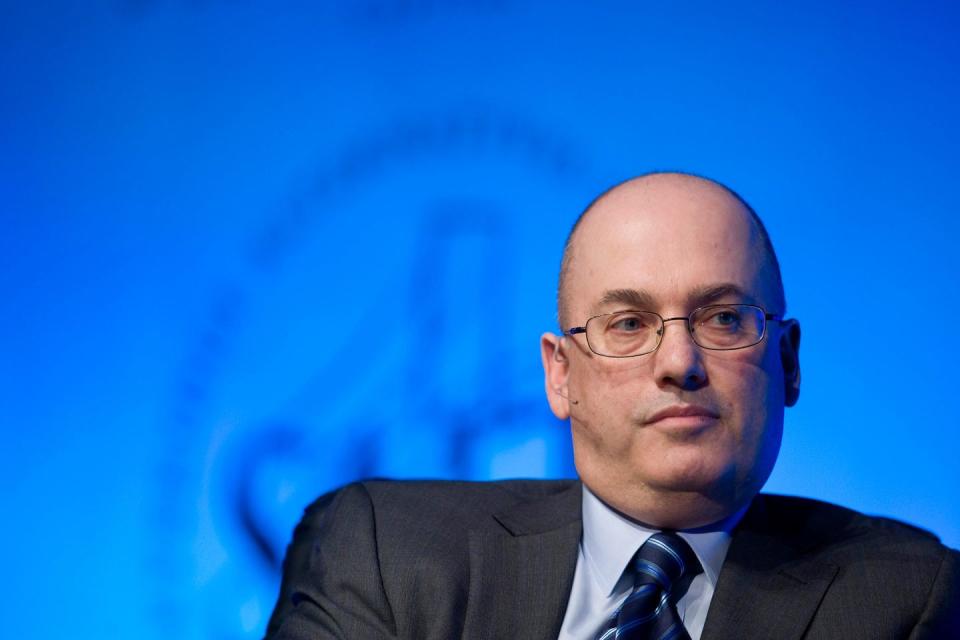
The Dodgers, this year’s World Series champions, had slipped away, to a consortium that includes basketball great Magic Johnson, the movie executive Peter Guber, and the billionaire Mark Walter. In trying to buy the Mets, Cohen was again up against star power and deep pockets.
Blitzer and Harris, whose combined fortune exceeds $6 billion, were looking to add baseball to a portfolio that already includes the Philadelphia 76ers, the New Jersey Devils, and a stake in the Crystal Palace Premier League soccer team. Lopez, meanwhile, was interested in flexing her power as a female entrepreneur, and Rodriguez had a shot at redemption in a city where he had long been a polarizing figure, an incentive Cohen understood all too well. Years earlier, when Senator Chuck Grassley’s staff was looking into SAC’s finances, one of the firm’s executives told them, “Steve is very civic-minded. He’s thinking about taking a stake in the New York Mets.”
Theirs was a Subway Series playing out at the most elite level, gleefully covered at every step by the New York sports press. “A-Rod? He’s gold!” Davidoff says. “Throw in J-Lo as well? Running the New York Mets? That would have been fantastic!” It’s not hard to imagine Lopez and Rodriguez watching from behind first base, overseeing the one thing the Yankees are not: fun. T-shirt cannons, the kiss cam, Mr. Met! They would not enhance the experience. They would be the experience.
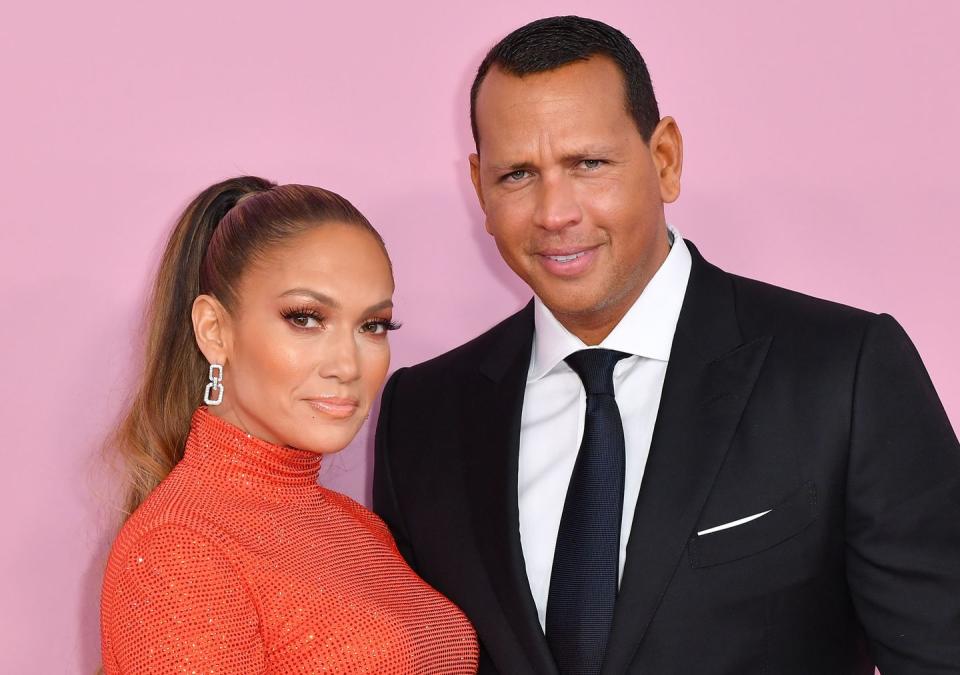
The pair, winning product or not, would have made the early months of the season, when one braves the wind coming off Flushing Bay, tolerable. But they were no match for the single-minded drive of a suburban boy turned billionaire. Some observers point to Cohen’s Long Island upbringing and his friendship with former members of the organization as a possible motivation, while others point to his father-in-law’s love of the team. Cohen, as is routine, has remained quiet.
Bottom of the Ninth
Cohen has already earned Mets fans’ goodwill by providing financial support to the 1,000 employees who were out of work during the 2020 season because of the pandemic. He's even reached out directly to fans by soliciting their advice on Twitter, a platform he's neglected for well over two years.
I would love to hear your ideas to make YOUR Mets experience better.
— Steven A Cohen (@StevenACohen2) November 1, 2020
How long the honeymoon will last, though, is unclear. Sports is overrun by rich men who come on the scene only to spend years hated by fans as the person keeping them from the happiness only a championship can bring.
But perhaps Cohen can take the heat better than most.
“He has a lot of practice at being under scrutiny,” Kolhatkar says. The insider trading drama “went on for seven to 10 years. That whole time there were constant articles speculating that he could get charged or was going to jail, talking about the ethics issues at his firm. Obviously, he became very good at living with that.”
It may be only after he’s gone that Cohen will truly win out. The late Yankees owner George Steinbrenner, for a good deal of his tenure as the team’s boss, was loathed, even mocked as a tyrant—not only in real life but as George’s boss on Seinfeld. But that Steinbrenner is gone. Like other strongmen of the past, his years of chaotic reign have been put aside, largely forgotten. What Yankees fans remember now, as they sit in the joyless edifice that is the new Yankee Stadium, are the rings won—in spite and not because of Steinbrenner. Cohen can only hope for such adulation.
“If you’re ever looking to buy your way into New York heaven, one really good way is to win a pennant,” says New York Times columnist Michael Powell. “Unfortunately, this probably speaks badly for all of us. If he puts together a good team three or four years from now, he will have laundered his soul better than any priest or rabbi could.”
This story appears in the December 2020 issue of Town & Country. SUBSCRIBE NOW
New York Mets logo illustration by Joe Darrow.
You Might Also Like

